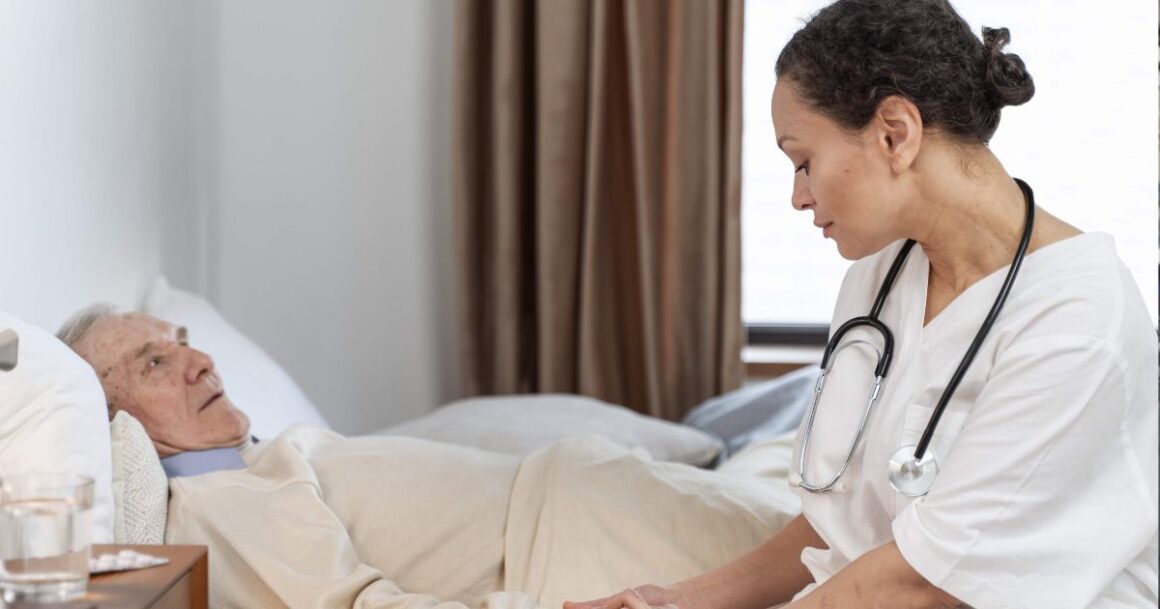Malnutrition is a serious issue that impacts individuals of all ages, but it is more common among nursing home residents. About half of the residents (47%–62%) in nursing homes are in danger of malnutrition, according to a recent systematic review.
This concerning figure emphasizes how common malnutrition is in nursing homes. If you suspect that your loved one is not receiving adequate nutrition in a nursing home, it is crucial to know the signs and take action, like getting help to sue a nursing home.
Today, we will discuss the dangers of malnutrition in American nursing homes.
The Dangers of Malnutrition in Nursing Homes
In nursing homes, inadequate nutrition can result in several health issues, including death. As malnutrition impairs immunity, residents are more vulnerable to diseases and infections. This is mainly because malnutrition reduces muscular mass and strength and raises the possibility of accidents and falls.
Furthermore, malnutrition can cause cognitive decline, resulting in confusion and memory loss. This can be particularly problematic for those with preexisting conditions such as dementia or Alzheimer’s disease. Malnutrition can also lead to depression, anxiety, and other mental health issues.

If left untreated, malnutrition can have severe consequences for the elderly population in nursing homes. It can lead to hospitalizations, prolonged recovery times, and even death. Therefore, addressing this issue promptly and preventing further harm is crucial.
Signs of Malnutrition
It is essential to know the signs of malnutrition so that you can identify if your loved one is not receiving adequate nutrition in a nursing home. The signs include
- Sudden weight loss
- Fatigue
- Weakness
- Dry skin
- Brittle hair and nails
- Slow healing rate of injuries
If you notice any of these signs in your loved one, it is crucial to take action immediately. Neglecting to address malnutrition can have severe consequences for their health and well-being.
Steps to Take
If you suspect your loved one is not receiving proper nutrition in a nursing home, the first step is to speak with their doctor or the facility’s staff. They can offer counsel on improving your loved one’s diet and provide insight into their nutritional state.
However, if you are dissatisfied with the response or feel your concerns are being dismissed, it may be necessary to seek outside help. Getting legal assistance from an experienced attorney can help you navigate the process of holding a nursing home accountable for neglecting a resident’s nutrition needs.

With their help, you can gather evidence and build a case to get justice for your loved one. You can also file a complaint with the facility’s state regulatory agency to ensure proper action is taken.
Conclusion
Malnutrition is a severe issue that plagues American nursing homes, putting the health and well-being of residents at risk. As family members of those in nursing homes, we must ensure that they receive proper nutrition.
If you suspect neglect in this aspect, do not hesitate to speak up and seek outside help if necessary. We can all work together to protect our loved ones and raise the standard of care in assisted living facilities.

